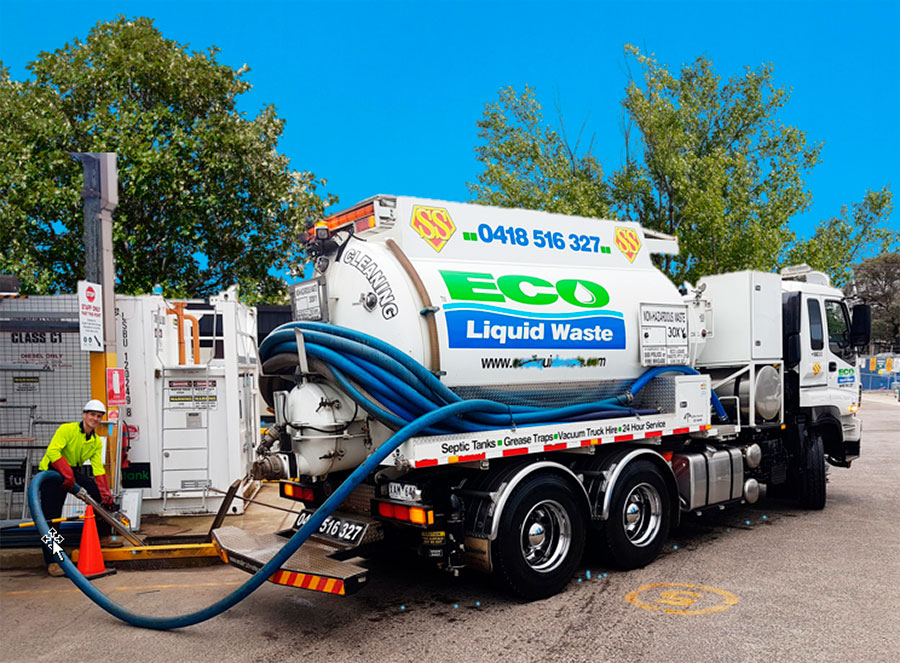All About Reclaim Waste
All About Reclaim Waste
Blog Article
Reclaim Waste Things To Know Before You Buy
Table of ContentsUnknown Facts About Reclaim WasteWhat Does Reclaim Waste Do?What Does Reclaim Waste Do?Reclaim Waste Can Be Fun For EveryoneSome Ideas on Reclaim Waste You Need To Know
Explore the types, events, and kinds of liquid waste. Residential sewage waste describes the waste and products from a household sewage-disposal tank. This sort of waste is produced by people in houses, schools, and various other buildings. This only consists of sewage-disposal tanks that have a drain field. The appropriate management and disposal of residential sewage waste require fluid waste to be transferred to a sewer therapy plant where the appropriate approaches and equipment are put on detoxify and take care of waste.
Business waste usually consists of potential risks, such as combustible materials or a blend of fluid and solid waste products, and needs an extra advanced and comprehensive disposal procedure. The disposal of business waste typically includes the filtering of waste prior to transport to ensure safe and proper disposal. Hazardous waste is created from byproducts and runoff of industrial processes and production.
This type of waste can not utilize the exact same sewer monitoring transport or procedures as septic or commercial fluids. The hazardous waste management procedure calls for the evaluation and testing of fluid waste prior to it goes through the disposal procedure (liquid waste removal melbourne). Overflow waste is the liquid waste that comes from runoff and excess stormwater in highly populated areas or cities
Drainage waste can trigger contamination and flooding if not managed properly. Ensuring correct waste management can prevent calamities and minimize environmental injury.
What Does Reclaim Waste Do?
Get in touch with PROS Providers today to find out about our waste management and disposal solutions and the proper methods to care for the liquid waste you create.
(https://reclaimwaste1.edublogs.org/2024/11/12/efficient-liquid-waste-removal-and-disposal-your-complete-guide-to-sustainable-waste-management/)Do you understand what happens to your water when you disengage, flush the commode or drain pipes the washing machine? No? Well, it deserves understanding. This so-called 'wastewater' is not just an essential resource but, after therapy, will certainly be released to our land, rivers or the sea. Utilized water from bathrooms, showers, baths, kitchen sinks, washings and commercial processes is called wastewater.

water made use of to cool machinery or tidy plant and devices). Stormwater, a form of wastewater, is overflow that flows from farming and metropolitan areas such as roofs, parks, gardens, roads, courses and seamless gutters right into stormwater drains, after rainfall. Stormwater streams neglected straight to regional creeks or rivers, eventually getting to the ocean.
Reclaim Waste Things To Know Before You Buy
In Queensland, most wastewater is treated at sewage therapy plants. Wastewater is carried from domestic or industrial websites via a system of sewers and pump terminals, referred to as sewage reticulation, to a sewer therapy plant. Local governments build, maintain and operate most sewer therapy plants. Operators are certified under the Environmental Management Act 1994 to release cured wastewater at an appropriate ecological criterion right into rivers.
The Department of Natural Resources advises local federal governments concerning handling, operating and preserving sewerage systems and treatment plants. In unsewered locations, city governments may require householders to mount specific or family sewage treatment systems to deal with domestic wastewater from commodes, cooking areas, bathrooms and washings. The Division of Natural Resources authorises the use of home systems when they are shown to be reliable.
In some new communities, treatment of some stormwater to eliminate clutter, sand and gravel has started using gross toxin traps. Wastewater therapy occurs in 4 stages: Gets rid of solid issue.
Wastewater then moves into big tanks where solids clear up and are removed as sludge. Oil and scum are skimmed from the surface. Uses small living organisms called micro-organisms to break down and get rid of continuing to be dissolved wastes and fine bits. Micro-organisms and wastes are included in the sludge. Gets rid of nitrogen and phosphorus nutrients that might trigger algal blooms in our rivers and threaten marine life.
Facts About Reclaim Waste Revealed
Nutrient removal is not readily available at all sewer therapy plants since it needs expensive specialised equipment. Clear liquid effluent produced after treatment might still consist of disease-causing micro-organisms - liquid waste disposal melbourne.

The see this website majority of wastewater flows into the sewerage system. Under the Act, local federal governments provide authorizations and licences for ecologically appropriate tasks (ERAs) entailing wastewater releases that might have a neighborhood influence.
The Single Strategy To Use For Reclaim Waste
Otherwise, samples are considered laboratory evaluation. Typically many examinations are required to develop the levels of each of the various pollutants such as oils, hefty metals and chemicals in water. Surveillance offers accurate details regarding water high quality and can confirm that licence problems are being fulfilled. The information obtained via tracking supplies the basis for making water quality decisions.
Report this page